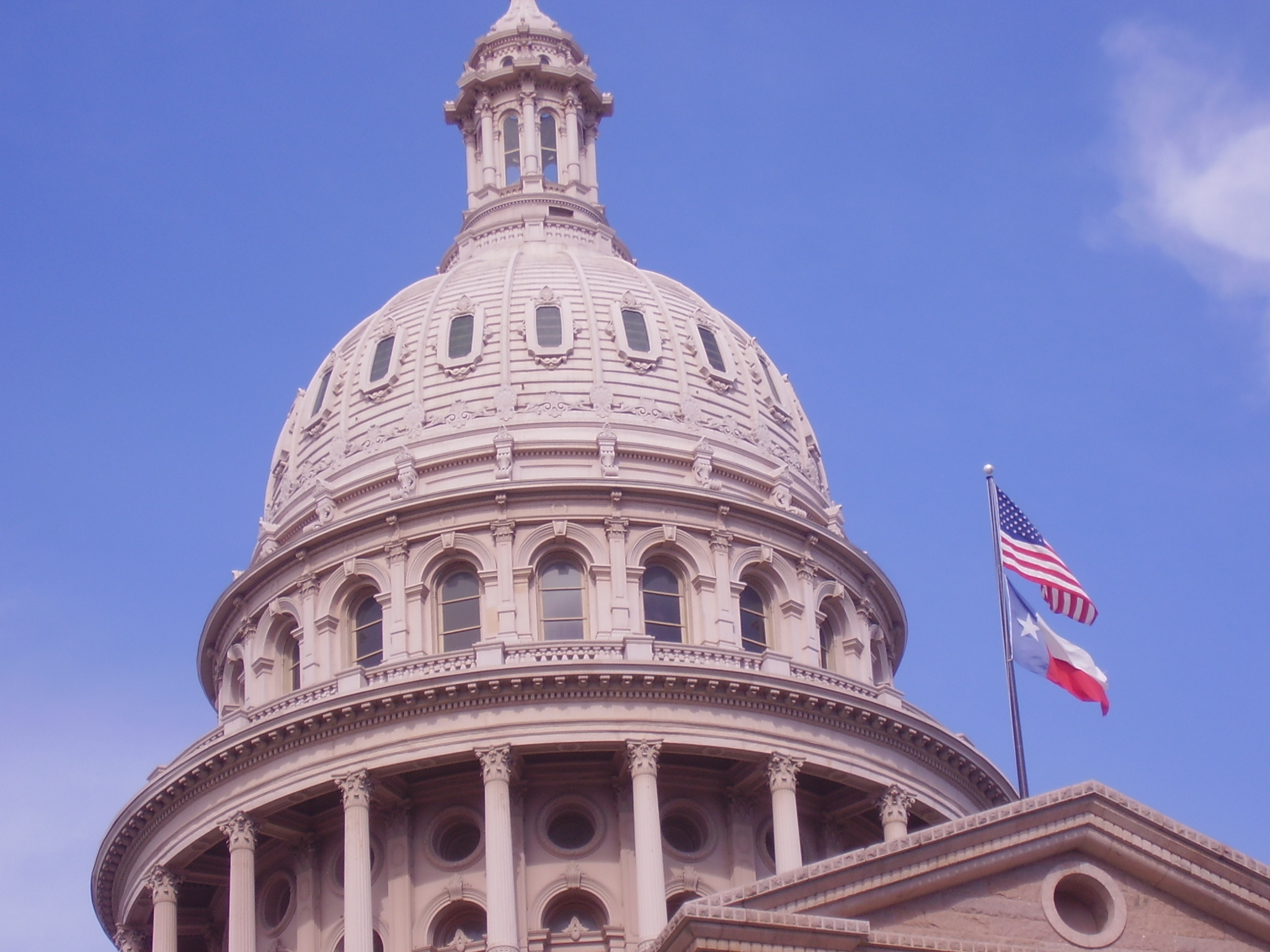About three weeks into my internship at the state legislature (or “lege”), we had the senate live feed playing in our office while we worked and for the first time, I noticed a unique feature of parliamentary procedure. One of the senators asked to be recognized and in response, the president said, “For what purpose do you rise?” This phrase had a poetry that moved me, and I immediately wrote it down on a sticky note and attached it to my computer monitor, where it has remained for the rest of session. It is the first thing I look at when I sit down at work, and it reminds me to take a moment to ask myself: Why am I here? For what purpose did I rise today?
Why am I here? For what purpose did I rise today?
I’ve been an “armchair policy wonk” for most of my life, but in the fall of 2015, as I finalized my applications for graduate school and watched the earliest rumblings of the political earthquake that would culturally define the following year, I felt an overwhelming desire to get out of my armchair and do something. I experienced the same wave of desperation this past December, following the 2016 presidential election. In the final days of my first semester at the LBJ School, I applied for an internship position in State Senator Eddie Lucio, Jr.’s office so that I could do that something.
To say that my experience has been instructive would be an understatement. It has been mesmerizing to have a front row seat to the political “sausage-making” process here in Texas while also attempting to keep up with national politics. In many ways, Texas is a perfect microcosm of Washington bureaucracy, while in other ways, our state legislators put on a unique political rodeo the likes of which you won’t see anywhere else. I won’t dwell on my personal feelings as they relate to the particular political issues of this session, but there are a few things I would like to share in the hope that future policy students will pursue an opportunity like the one I was so generously given.
If you ask for advice or insight from anyone whose work is or has been conducted under the dome, one of the things you will hear early and often is that social capital is the lifeblood of the system.
social capital is the lifeblood of the system
Who you know, who they know, who you can count on for this or that, who you should never count on–it is a play as complex and loaded with layers of meaning as anything Shakespeare (or Tennessee Williams) ever wrote, and more dramatic besides. I’ve had to swallow a shocked, “Can they really do that!?” more times than I can count, so I’m glad to have been exposed to this culture while doing work in a relatively low-stakes environment.
That isn’t to say my work was without meaning. This office has been the best classroom I could have asked for. The academic work we do in school is important, but at times it feels distant from the “real world.” Weaving together my classes and my work at the lege has given my schoolwork the kind of rich context required to synthesize the concepts we read and discuss, and distill them to their most crucial constituent parts. I’m particularly glad that I did this internship in my first year, because I know that as I tackle the material in my second year, I will learn more effectively for having this real-world foundation on which to build.
Most of all, this experience has helped me address the anxiety I’ve felt over the last year, as I second- and third-guessed my decision to come to this program. I have a deep-seated fear that deciding to get out of my armchair was a mistake, maybe the worst I’ve ever made, because there is no way that I will ever be good enough/smart enough/strong enough/you-name-it to do this work I’ve come to respect so deeply. In late 2015 and throughout 2016, I felt an affront to my values that was strong enough to propel me onto this path. Now that I’m here, the ground often feels like it shakes beneath my feet and I fear that I won’t know how to withstand the next earthquake. Who am I, to think that I can possibly do this work, achieve the respect necessary to effect real change?
My internship at the lege has shown me something important, though, that seems obvious but took this fully immersive experience for me to truly believe: there is no litmus test for public service.
there is no litmus test for public service
The people in and around this building are flawed human beings, just like the rest of us. The only thing that sets them apart is that they decided to do something. From the state senator in whose office I served, to the analyst I’ve worked with daily, to my fellow interns, there is a common sense of purpose and dedication to something greater than self. Witnessing this helped me give myself permission to wholeheartedly embrace a life of doing something. For anyone who has shared my fears and doubts, I can’t think of a better way to help yourself do the same.

